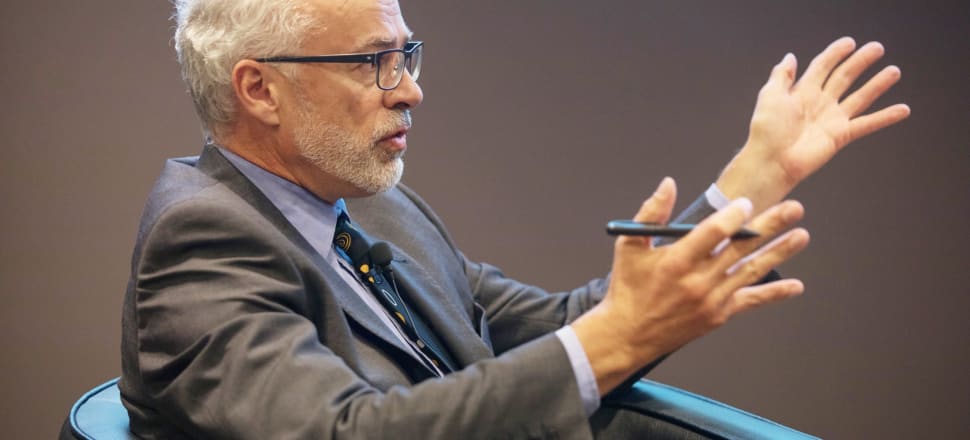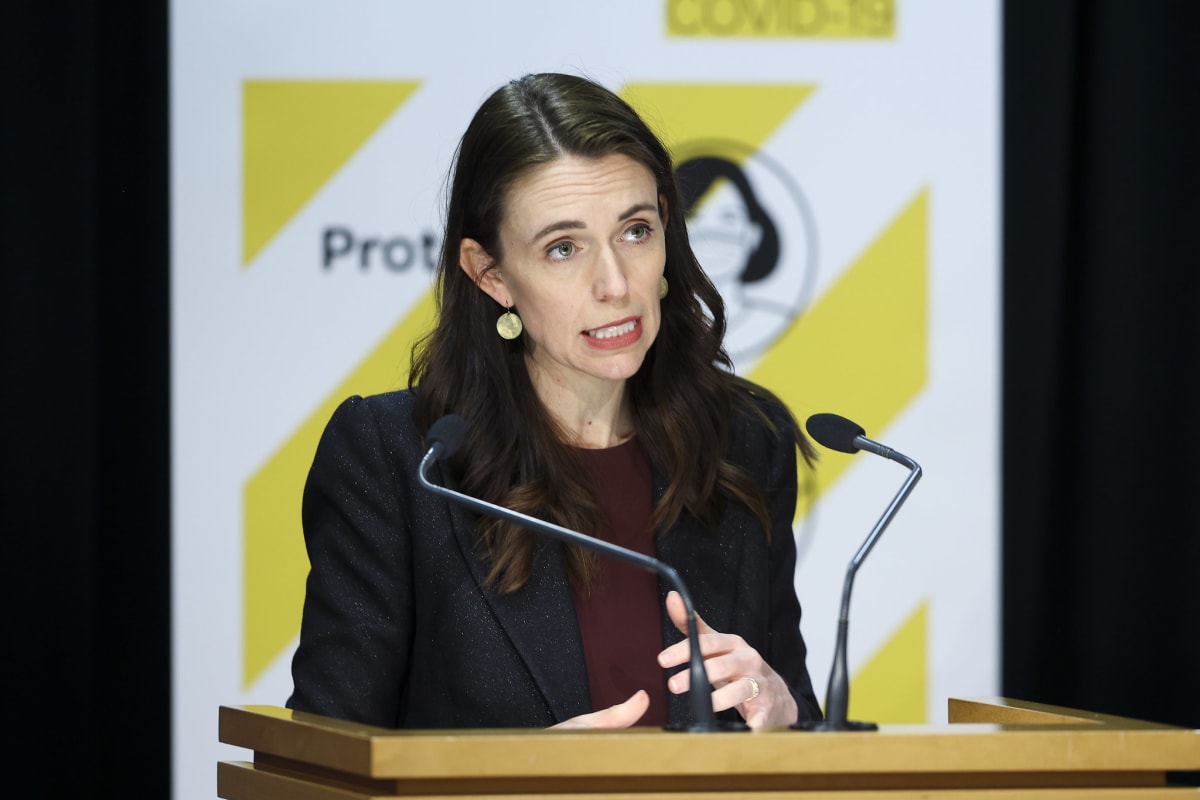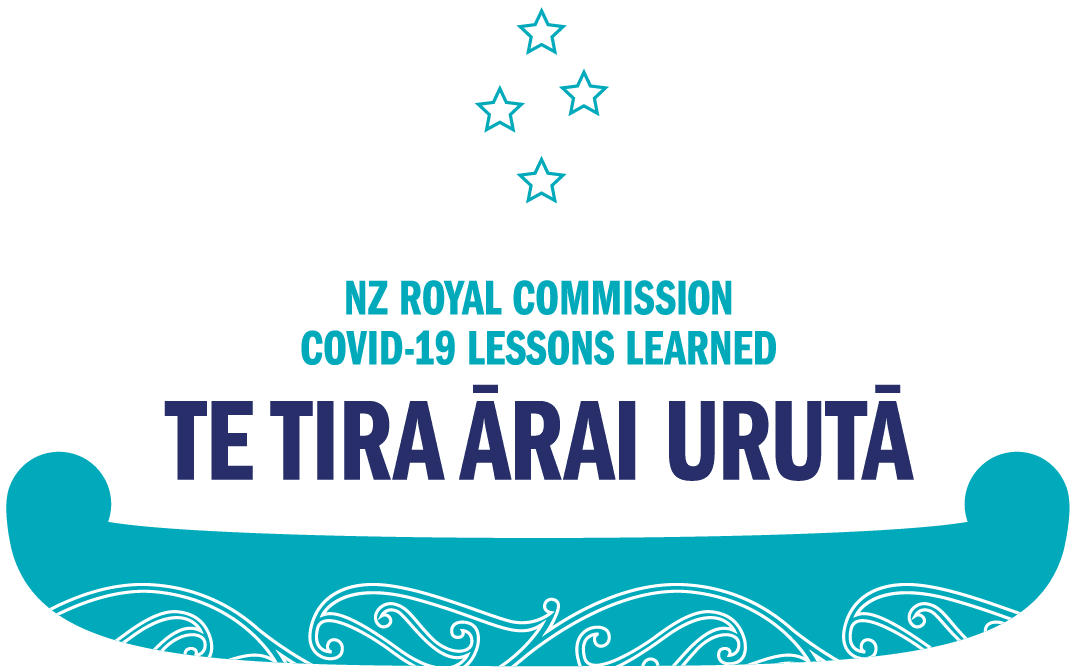
New Zealanders won't get blow-by-blow dramatic reports into the nation's handling of the Covid-19 pandemic, but the head of the inquiry into it says it'll get a lot more work done that way.
Hundreds of people have spoken about their experiences of the pandemic at an inquiry into New Zealand's handling of Covid-19, yet we've hardly heard a thing about it.
And unlike the controversy-filled public hearings at a similar inquiry in the UK, much of the evidence gathered here and the people involved will stay private.
The first stage of the Royal Commission of Inquiry into Covid 19 Lessons Learned – Te Tira Ārai Urutā has been running for several months and industry leaders from farming to the supermarket sectors, as well as small regional groups such as the Tolaga Bay Area School have met the commissioners.
It is the highest level of public inquiry, but most of the content of those meetings will stay confidential, says Commission Chair Professor Tony Blakely.
That's because the Government at the time, led by then-prime minister Jacinda Ardern, decided against the adversarial approach of a public hearing.

"The Government said we don't want that, and we're quite happy to work that way. We're doing it the non-adversarial way," Blakely tells The Detail.
The confidential setting of the meetings enables the commissioners – former government minister Hekia Parata, former Treasury head John Whitehead, and Blakely himself – to speak to a wide range of New Zealanders in a short period of time and have "free and frank" discussions.
"Our terms of reference are really wide and quite deep as well," says Blakely. "We've got a lot of territory to cover. We're up to more than 200 organisations that we've spoken to in engagements, and we do that in a confidential setting so that we can cut to the chase. We can get more done in an hour than it might take eight hours in a courtroom to do."
Mindful of the need for transparency, the Inquiry website details the organisations and the names of the people the commissioners have met. It also features video snippets of interviews with people about how they came to the Inquiry without giving away what they've said. The second phase kicks off at the end of the month where people are asked to have their say in online submissions, and they can choose to remain anonymous and keep their information confidential.
The Inquiry will examine policy measures such as border closures, appropriate use of government power, and the impact on Māori within a Treaty of Waitangi context.

Blakely emphasises that the commissioners are not looking to lay blame or to dig out what went wrong. The final report at the end of next September next year will include findings and recommendations.
"The recommendations will be very much forward-looking. The findings will be leaning back into the past to give us the platform to make those recommendations.
"For example, vaccines and their reach into rural Māori communities, that is something that we're hearing quite a lot of feedback about."
Blakely says that feedback will be used to work out how it could be done better next time, and improve the way iwi and other providers are used.
And, he says, the information could not only be used for the next pandemic, but between pandemics in other emergencies.
"Our terms of reference are about a pandemic. However, this century is different from last century, we seem to be facing a lot more risks, be they climate emergencies, be they earthquakes. We're also seeing threats like cyber security and these are all emergencies that a country would need to respond to.
"We'll focus on the pandemic but we will be giving a lot of thought to how our recommendations for how to respond to a pandemic fit within a wider scheme for how you prepare for and respond to emergencies."
Check out how to listen to and follow The Detail here.
You can also stay up-to-date by liking us on Facebook or following us on Twitter.








